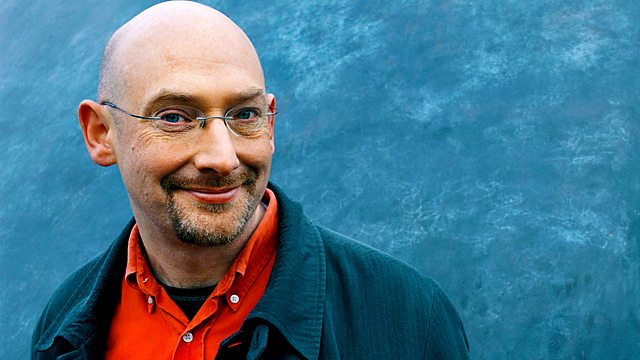Wetlands and the Carbon Cycle - Hot Rocks
Quentin Cooper joins scientists from the Open University who are measuring the exchange of methane between plants, soil microogranisms and the atmosphere.
Wetlands and the Carbon Cycle
Quentin Cooper joins scientists from the Open University who are measuring the exchange of methane between plants, soil microogranisms and the atmosphere.
Wetlands such as bogs and swamps are home to some special microorganisms which are important producers of methane, a greenhouse gas 20 times more potent than carbon dioxide. Biogeochemists are trying to better understand the impact of human activities and industrial processes on biological, chemical and geographic systems in the hope that they can find ways to reduce the production of greenhouse gases.
Hot Rocks
When oil prices rise, there are queues at the petrol station and the whole world goes into panic. But could the cheap energy we’re looking for be right beneath our feet? 99.9% of the Earth is hotter than 100 degrees Centigrade, meaning that tapping into geothermal sources could be the ideal solution.
And we won’t even have to move to Iceland. Geologists working in the wake of the 1979 oil crisis found that 3km-deep boreholes in Cornwall could provide both electricity and heat energy for towns nearby. Unfortunately, the availability of cheap North Sea gas in the 80s meant that the idea never really took off. It’s only with climate change, rising fuel prices and better drilling technology that ‘hot dry rocks’ are back.
Geophysicist Ryan Law from Ove Arup and Partners joins Quentin Cooper to discuss how pumping water deep into the Earth’s surface to heat it and then turn it into energy is an idea worth investing in. Jon Busby from the British Geological Survey explains how we can tell what’s under the ground and which areas of the UK can benefit most from geothermal power.


